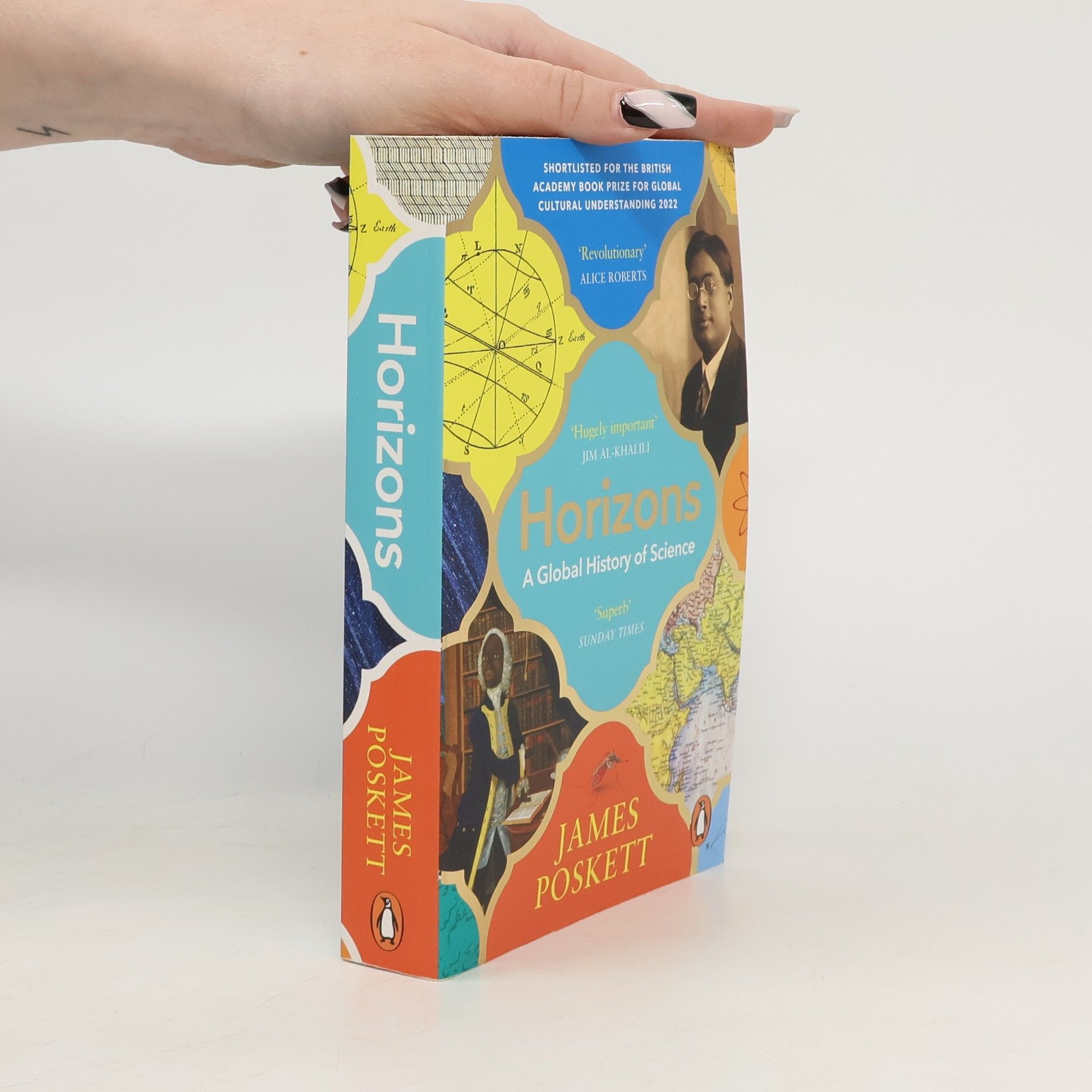Phrenology was the most popular mental science of the Victorian age. From American senators to Indian social reformers, this new mental science found supporters stretching around the globe. Materials of the Mind tells the story of how phrenology changed the world--and how the world changed phrenology. This is a story of skulls from the Arctic, plaster casts from Haiti, books from Bengal, and letters from the Pacific. Drawing on far-flung museum and archival collections, and addressing sources in six different languages, Materials of the Mind is the first substantial account of science in the nineteenth century as part of global history. It shows how the circulation of material culture underpinned the emergence of a new materialist philosophy of the mind, while also demonstrating how a global approach to history could help us reassess issues such as race, technology, and politics today.
James Poskett Livres



This radical retelling of the history of science challenges the Eurocentric narrative that positions Europe as the sole birthplace of modern science. While figures like Copernicus, Newton, Darwin, and Einstein are often celebrated as the pioneers of scientific thought, their achievements were deeply influenced by contributions from diverse cultures. Copernicus utilized mathematical techniques from Arabic and Persian sources, while Newton's laws of motion were informed by astronomical observations from Asia and Africa. Darwin's research was enriched by a sixteenth-century Chinese encyclopaedia, and Einstein drew inspiration from Bengali physicist Satyendra Nath Bose. The narrative extends beyond Europe, highlighting the significant roles played by scientists from Africa, America, Asia, and the Pacific, framing the history of science as a global cultural exchange. This work celebrates often-overlooked figures such as Graman Kwasi, the seventeenth-century African botanist who discovered a malaria cure; Hantaro Nagaoka, the nineteenth-century Japanese scientist who first described atomic structure; and Zhao Zhongyao, the twentieth-century Chinese physicist who discovered antimatter. By revealing the international nature of scientific progress, this ambitious history underscores the importance of recognizing the contributions of diverse cultures in shaping our understanding of science. It is a compelling read for those interest
»Wissenschaft ist kein ausschließlich europäisches Unterfangen – und war es auch nie.« James Poskett Wer steckt hinter den großen Entdeckungen moderner Wissenschaft? Eine Frage, deren Antworten auf der Hand zu liegen scheinen, sind Namen wie Nikolas Kopernikus und Sir Isaac Newton doch untrennbar mit Ansätzen wie dem heliozentrischen Weltbild oder den Gravitationsgesetzen verbunden. Mit diesen Antworten einher geht eine eurozentrische Weltanschauung, und damit ein nicht nur einseitiges, sondern vor allem unvollständiges Bild wissenschaftshistorischer Entwicklungen. »Superb ... Poskett hebt richtigerweise die schändlich übersehenen Beiträge indischer, chinesischer und japanischer Wissenschaftler hervor.« Sunday Times James Poskett nimmt uns mit auf eine Zeitreise um die Welt und zeichnet die Ursprünge moderner Wissenschaft nach. Von den Palästen der Azteken bis hin zu chinesischen Universitäten erzählt er die Geschichte vergessener Pioniere großer Erkenntnisse und zeigt, dass wissenschaftlicher Fortschritt unweigerlich vom globalen kulturellen Austausch abhängt – schon immer und noch heute.